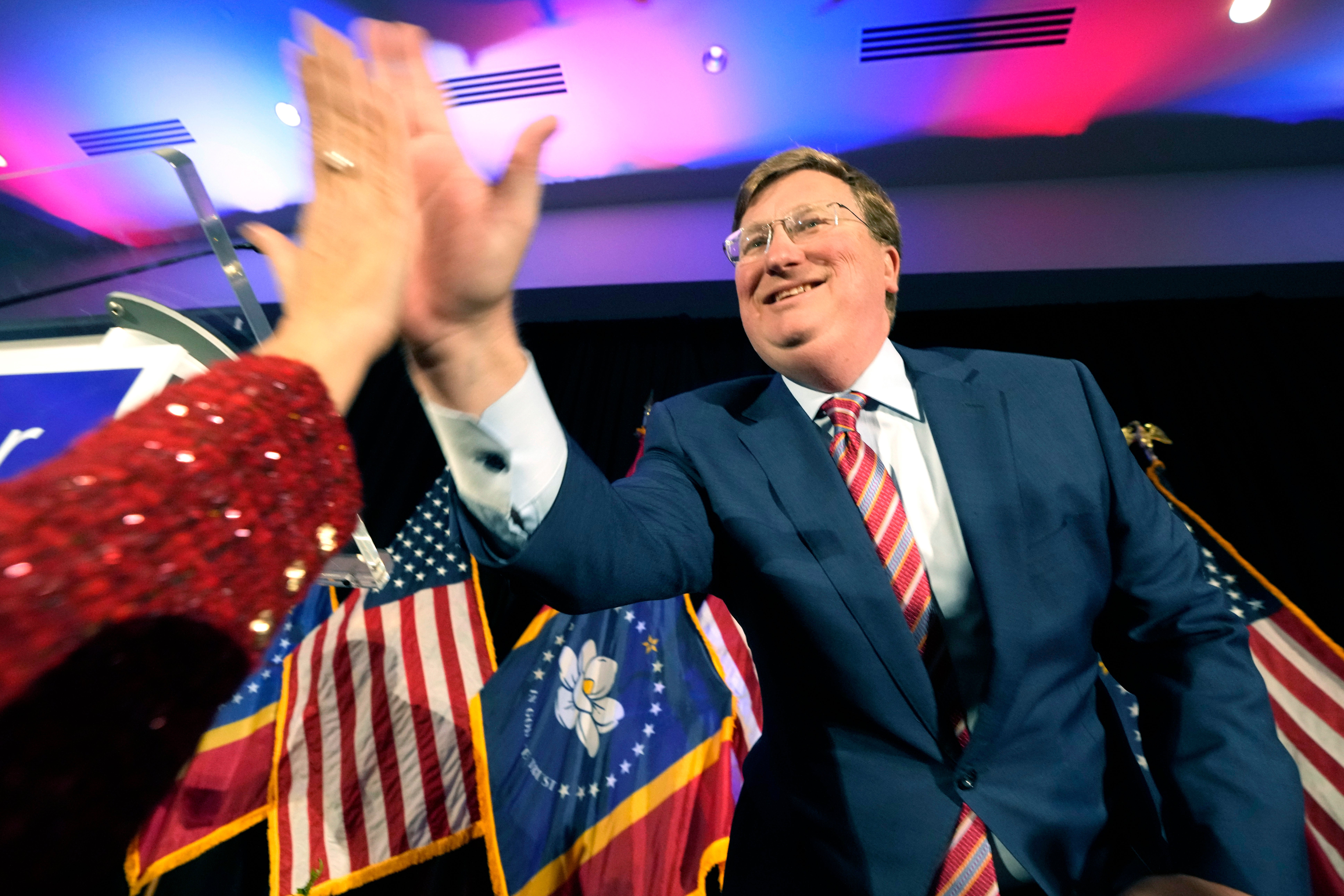Lottery bill passes Mississippi Senate but falters in House
Published 9:28 am Tuesday, August 28, 2018
JACKSON, Miss. (AP) — Mississippi legislators split late Monday on whether to create a state lottery, leaving uncertainty about what will happen.
Senators voted 31-17 to pass a lottery bill , moments after the House rejected the same proposal. Sixty House members voted against the bill, and 54 voted for it.
The issue is not going away. The bill was held for the possibility of more debate, which gives supporters a chance to try to revive it and pass it in the House.
Mississippi is one of six states without a lottery, and Republican Gov. Phil Bryant has been pushing lawmakers for more than a year to create one. He wants money to help pay for highways and bridges.
Bryant points out that three of the four states bordering Mississippi have a lottery, and Mississippi residents are driving to Louisiana, Arkansas and Tennessee to buy millions of dollars of tickets each year.
Monday was the third day a special session that Bryant called for lawmakers to try to put more money into transportation at a time when 435 bridges around the state remain closed because of structural problems. Early Monday, both the House and the Senate passed a bill that would give cities and counties some of the sales tax money the state collects from people shopping online. The bill , known as the Mississippi Infrastructure Modernization Act of 2018, goes to Bryant, who has signaled that he will sign it into law.
The lottery foundered in the House after the number of Democrats supporting it fell from 36 on Friday to 18 on Monday. The Senate and House last week passed different versions of a lottery bill, and top lawmakers spent much of Monday working out the differences. The two chambers must agree on a single version before it can go to the governor.
Negotiators removed a provision that could allow video lottery terminals in places like truck stops. The provision was added to the bill during a House debate Friday and is opposed by an unlikely alliance of religious groups and casino operators. Both groups want to limit where legal gambling may take place in the state to current casino sited along the Mississippi River and the Gulf Coast. They also watered down provisions added by Democrats that would have sent more money to education.
Some supporters were left dumbfounded by the shift. Republican Rep. Richard Bennett of Long Beach, who tried to shepherd the lottery bill through the House, said he did not know if the removal of video lottery terminals caused the bill to falter.
House Speaker Philip Gunn opposes a lottery but said he would let the House vote on the issue. He said he does not know what will happen next on the issue in the House.
“Clearly, there’s concerns with the bill on a number of fronts,” said Gunn, a Republican from Clinton.
Gunn said the sales tax sharing plan is “historic.” It is projected to eventually provide $120 million to $130 million a year for infrastructure. Counties could use their share of the money for roads and bridges, while cities could use their share for roads, bridges and water and sewer projects.
“This has been a year and a half of hard work by the House of Representatives to get a plan that provides a steady stream of revenue for roads and bridges. And today we passed it,” Gunn told reporters. “The citizens can know that we did our work.”
Bryant controls what issues lawmakers may consider in the special session, and he is expected to expand the session agenda to include debate over how to spend $700 million in economic damage payments from BP PLC after the 2010 Deepwater Horizon oil spill. Leaders are discussing dividing that money, giving 75 percent to three coastal counties and 25 percent to the rest of the state.
Gunn said the sales tax sharing plan is “historic.” It is projected to eventually provide $120 million to $130 million a year for infrastructure. Counties could use their share of the money for roads and bridges, while cities could use their share for roads, bridges and water and sewer projects.
“This has been a year and a half of hard work by the House of Representatives to get a plan that provides a steady stream of revenue for roads and bridges. And today we passed it,” Gunn told reporters. “The citizens can know that we did our work.”




